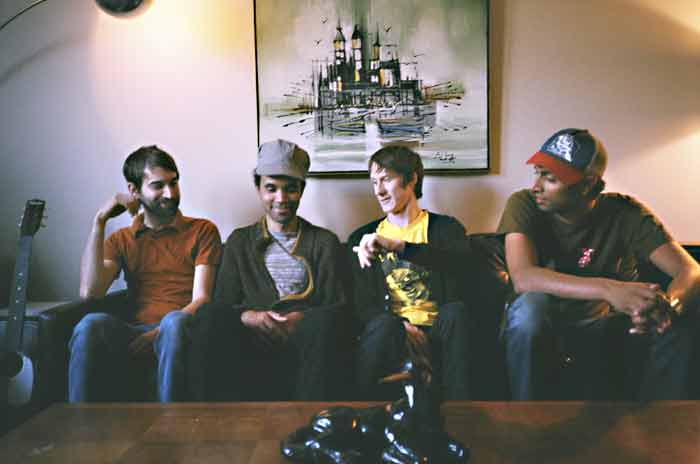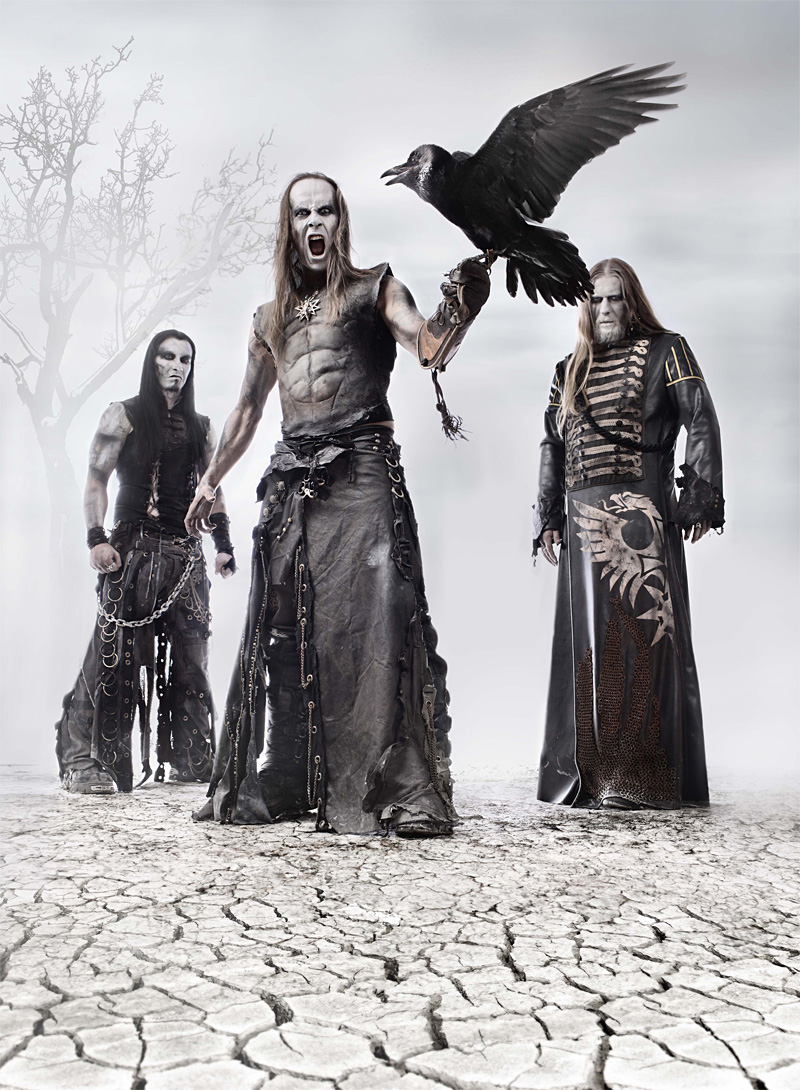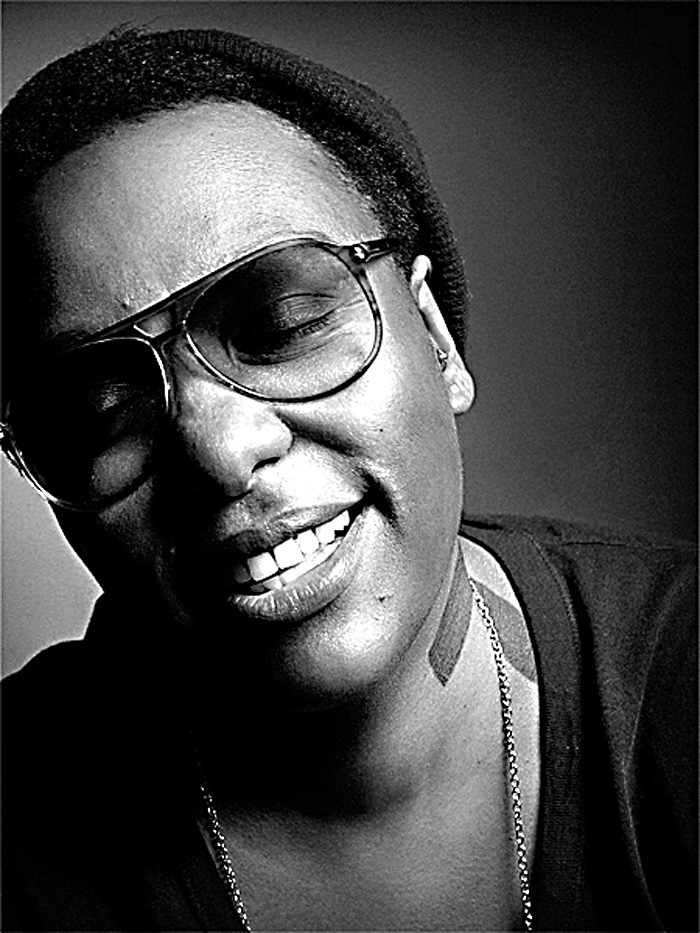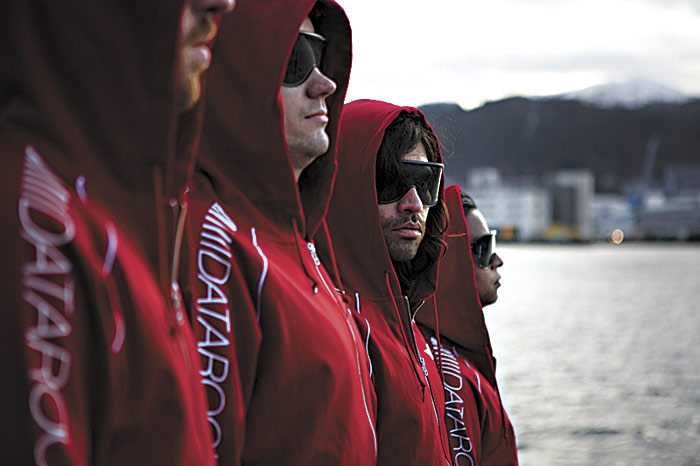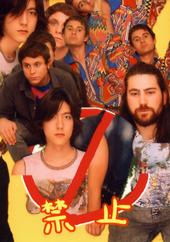From the subdued guitar strains and vibraphone that open “Beyond Gone,” the first track on Strange Symmetry, the debut EP Past Lives released late last year, it becomes abundantly clear that the Seattle quartet has moved on from the 10-year history they share via their old band Blood Brothers. An eerie, down-tempo number, “Beyond Gone” contains vaguely familiar fragrances: new wave, funk, post-punk, delicate indie rock, and even a moodiness worthy of hard-to-classify acts like the Cure, Nick Cave, and Björk. As a first shot from any band, the song would clearly reflect a seasoned grasp of how to use rhythm, dynamics, and restraint in the service of steadily building drama. In essence, the song signifies the work of a mature band. Considering it was crafted by three-fifths of a highly popular but now defunct noisy post-hardcore outfit, the song makes a rather pointed statement: Past Lives, as the band name suggests, are ready to move forward.
Of course, audience expectations based on the Blood Brothers’ vibrantly chaotic crunch are bound to precede Past Lives’ work for a long time to come. This makes absolute sense considering every Past Lives member served time in Blood Brothers. Drummer Mark Gajadhar and vocalist Jordan Blilie co-founded the older group with vocalist Johnny Whitney, now in Jaguar Love with fellow Blood Brothers alum Cody Votolato. Bassist-turned-guitarist Morgan Henderson joined Blood Brothers about a year in, and guitarist Devin Welch was that band’s original guitarist before jumping ship early on (making way for Votolato’s long-term tenure).
Certainly, as one song on Strange Symmetry leads to the next, some familiar Blood Brothers hallmarks begin to emerge, especially in the title track’s urgent, dancy clang. But even so, where Blood Brothers were able to achieve color and variety out of a busy, jolting, almost always heavy sound, Past Lives prefers to work with space. As a result, the band arguably covers more ground and genres in five songs than Blood Brothers did over five albums. So much ground, in fact, that Past Lives are pushing into an area of blurring genres and creating their own (much like These Arms Are Snakes, a fellow Seattle outfit also saddled with the “post-hardcore” tag based on its members’ history in other bands). Listening to their EP and watching them perform live not only suggests that their post-hardcore days are over, but that they might be taking us knee-deep into a new movement without even knowing it yet.
But never mind all that, because as Past Lives steadily amasses material for an upcoming full-length, taking their time to write and record at whatever intervals suit them, the band is already eager to leave Strange Symmetry behind. And as Henderson explains, the songs they’re currently working on venture even deeper into directions only hinted at on the EP.
“When I listen to it,” says Henderson, “I hear a couple different directions. I couldn’t say that we’ve picked one, but there’s definitely stuff that’s going to be on the record that’s not represented on the EP at all. These are new types of songs for us. We’ve been playing some of them live, so people have heard some of them, but they probably won’t quite understand what’s going on in them from just hearing them once.”
An avid fan of reggae and jazz, Henderson attempted to reflect the intricacy of those styles in his bass work with Blood Brothers. He was able to do so to a degree, thanks to the moderate flexibility of the band’s cacophonous sound. He also found common ground, he says, with Gajadhar’s hip-hop–influenced drumming style. Eventually, though, he and the rest of the band began to hit a wall.
“My sense,” says Henderson, “is that people didn’t think that the band was constrained. But it was. It was constrained by the weight of 10 years. In some ways it’s great when you can anticipate what someone’s going to do, but in other ways it’ll keep you from doing anything new. That’s how it was towards the end. And it became harder and harder to do new things because people became more and more set in their ways, including myself.”
While Henderson explains that he and Gajadhar still have a very intuitive musical connection, he’s intent on ensuring that everyone in the band pushes past their comfort zone.
“I’m less interested in playing strictly aggressive music, but I love being loud,” he laughs. “And I love noisiness. I love what that can do, as well as what space, quiet, and being minimal can also do. I’m interested in an array of songs. In order to get that, you have to play differently. So, say, if a drummer is used to hitting as hard as he can, then you will never have a song that sounds different until that drummer can learn how to play quiet. In hardcore music, everything is full-frontal. It’s just all up-front. If you listen to Motown, those instruments are way in the back, but they’re so crucial. It’s not that I want to change how anybody plays, but I want everyone in the band to have a wider range so we can do more.”
Although the group has been together slightly over a year now, in the beginning Welch hadn’t played with his old bandmates for a decade. But Henderson says getting re-acclimated to each other’s styles didn’t take long—after everyone got over a common hurdle.
“There was a natural tendency,” he says, “for Devin to play what he thought would sound good to us, and vice-versa. There was a period where we had to let go of how we saw each other.”
Similarly, by the time their new album comes out, fans may have to let go of what they’ve already heard from Past Lives, which is all the more reason to catch them now and keep an eye out for what they come up with next.
